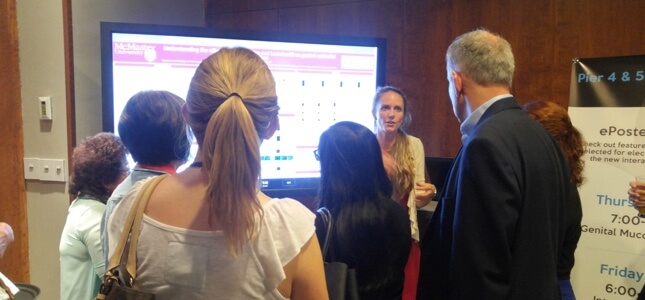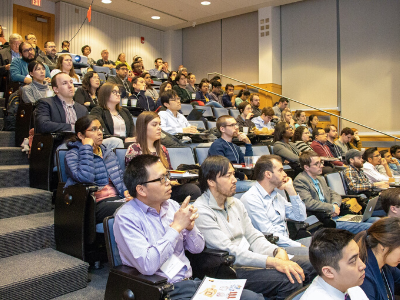


Overview
The Society for Mucosal Immunology provides on-demand webinars for active SMI members.
How To View

Members can access the on-demand webinar library through the member login portal.
Webinar Schedule
Past Recorded Webinars
2023 Series Archives
SMI Webinar Series: Mucosal Vaccines
October 24, 2023
SMI Webinar Series: Allergy
August 22, 2023
SMI Webinar Series: Innate Lymphocytes in Health & Disease
July 25, 2023
SMI Webinar Series: Neonatal-Microbiota Interactions
May 23, 2023
Dendritic Cells in Mucosal Immunity
April 18th, 2023
Dietary Regulation of Mucosal Immunity
March 30th, 2023
2022 Series Archives
Type 2 Mucosal Immunity
November 17th, 2022
Non-traditional Functions of Intestinal Goblet Cells
October 27th, 2022
Immunity in the Lung
September 22nd, 2022
Microbiota & Gastrointestinal Diseases
August 25th, 2022
Gut Barrier
May 19th, 2022
Macrophages
April 19th, 2022
Microbiome
March 29th, 2022
2021 Series Archives
Mucosal Epithelial Cells
March 16th, 2021
ILCs and IELs
May 20th, 2021
Innate Mucosal Immunity
June 24th, 2021
Respiratory Immune Responses to Microbiota & Pathogens
August 31st, 2021
Host-pathogen Interactions at Mucosal Surfaces
September 23, 2021
Upper Aerodigestive Tract Immunity
October 21, 2021
Immunoglobulin Responses to Mucosal Microbes
November 18, 2021

